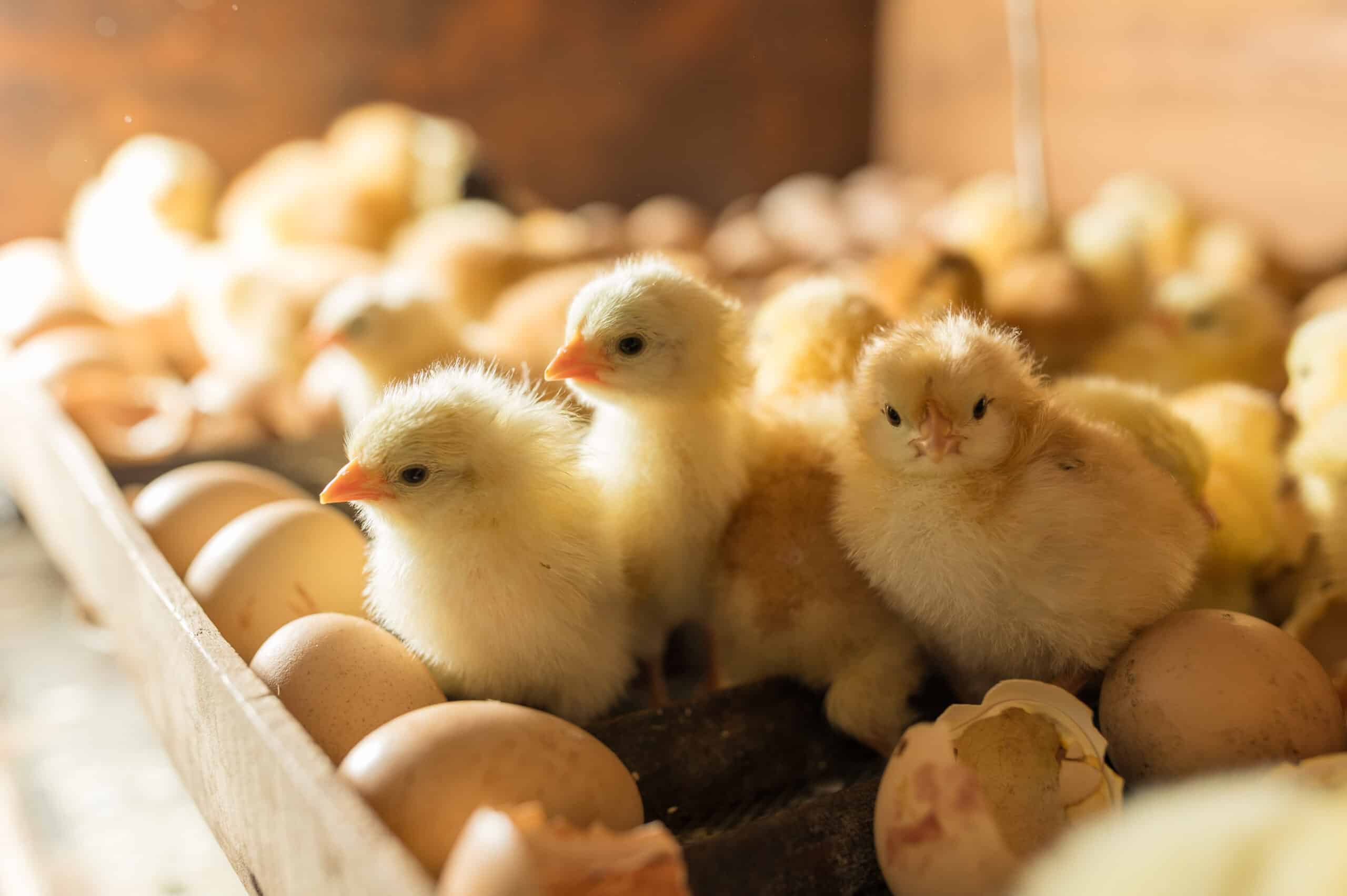The Gulf’s food industry stands at an inflection point. While traditional agribusinesses focus on the physical production and movement of commodities, an equally transformative revolution is unfolding in the digital realm as food business incubators seek to address the systematic and structural inefficiencies that cost the region billions every year.
Investors and governments are leveraging entrepreneurial innovation to digitalise supply chains, reduce systemic waste, and create resilient food systems specifically adapted to regional dynamics. This article examines how food business incubators are engineering ways to simultaneously advance national priorities and deliver a tangible return on investment.
The magnitude of inefficiency in regional food systems
Resource constraints and structural inefficiencies in GCC food systems present both substantial challenges and opportunities for agribusiness startups. Most GCC member states import between 80 and 85% of their food whilst experiencing waste rates that approach or exceed global averages. For instance, Saudi Arabia imports USD 18.7 bn worth of food every year, while supply chain inefficiencies and consumer waste account for approximately 33% of the region’s food. This creates a large addressable market for innovation, as the right investments can considerably reduce the annual food waste losses that exist within the region.
Many of the root causes behind these inefficiencies are structural. Critical gaps in last-mile cold chain infrastructure and fragmented urban distribution networks create cascading effects throughout the food system, inflating consumer prices, reducing business profitability, and undermining food security objectives. The region’s extreme climate further compounds these challenges by accelerating spoilage. Combined, these systemic inefficiencies fundamentally undermine the region’s food security agenda and create a compelling case for innovation.
The strategic advantages of GCC incubator models
Food business incubators are known for their ability to nurture and support innovation, and in that sense GCC’s incubators are no different, frequently delivering breakthrough technologies and outsized results. However, the GCC has an added advantage over its Western counterparts. Whilst Western accelerators often require rapid scaling to justify investor returns, a high degree of state investment in GCC startups means that incubators there can support ventures with longer development horizons. This patient approach to capital can be decisive when developing highly technical agricultural innovations, which can require years of research and development before commercialisation.
State sponsorship also enables these incubators to address national priorities, such as food security, food waste, and supply chain challenges. This close alignment with government objectives is particularly evident in programmes like Saudi Arabia’s Sunbolah FoodTech Incubator and Qatar’s QSTP AgriTech Accelerator, which help address systemic challenges and create solutions aligned with national development goals.
Market facilitation and ecosystem development
The level of support provided by these government-backed programmes often extends beyond typical incubator offerings. Such programmes frequently provide the infrastructure and specialised equipment required to assess and scale new technologies, addressing the prohibitive capital requirements that can otherwise exclude entrepreneurs from the F&B industry.
The ability of GCC food business incubators to provide the necessary infrastructure and resources has spurred a broad ecosystem capable of sustained innovation and market transformation. Facilities like Dubai’s Food Tech Valley and Saudi Arabia’s Agri-Business Industrial City exemplify this trend. These purpose-built clusters co-locate research facilities, production infrastructure, and business support services, creating economies of scale and knowledge spillovers that benefit the entire sector. By concentrating resources and expertise, these developments reduce the transaction costs of innovation whilst facilitating co-operation, ongoing knowledge exchange, and potential partnerships.
Similarly, food business incubators in the GCC also benefit from direct integration with regulatory authorities. For example, the Sunbolah programme helps food entrepreneurs navigate complex regulatory requirements by providing direct assistance with licensing and approvals, eliminating what would otherwise be a significant barrier to entry. Meanwhile, the integration of regulatory sandboxes within these zones allows startups to control-test novel products and processes, further accelerating the journey from concept to commercialisation.
At the same time, the integration of corporate partners into the incubator ecosystem creates pathways to scale operations and distribution. Major regional food conglomerates like Almarai, Savola, and IFFCO have established venture arms and accelerator programmes that provide not just capital but access to established distribution networks and production facilities. These partnerships enable startups to achieve market penetration without building complete supply chains from scratch, dramatically accelerating the timeline to meaningful impact. The participation of global technology providers and investors, attracted by government incentives and regulatory facilitation, brings international best practices and market connections that enhance the ecosystem’s sophistication.
Food business incubators in the GCC also play a crucial role in developing the human capital necessary for driving innovation. Programmes like Saudi Arabia’s Culinary Arts Incubator provide training on topics such as business management, technical skills, and regulatory compliance. Ultimately, this can help address the knowledge and capability gaps that often doom food and agribusinesses, who frequently struggle with areas such as food safety certification, supply chain management, and financial planning.
Most significantly, incubators are fostering cultural change around entrepreneurship and innovation in the food sector. By creating a more supportive environment for food and agribusiness innovation, these programmes are shifting perceptions about the viability of food ventures in the region, establishing the GCC as an emerging hub for food technology development.
Transforming strategic vision into market reality
The evidence emerging from the GCC is that food business incubators are transforming regional food systems from a position of vulnerable dependence to one of innovation. Although significant challenges remain, the incubator ecosystem is on course to accelerate technological adoption across the value chain and reshape competitive dynamics within the food sector in the coming years.
For investors and corporate partners, the maturation of the GCC food innovation ecosystem presents many compelling opportunities. The combination of government backing, regulatory facilitation, and demonstrated market demand is creating an environment where strategic investments can generate both financial returns and meaningful social difference. The success of ventures like Foodics and Pure Harvest Smart Farms bodes well for future venture capital activity in the region and shows that regional champions can compete and succeed at a global level.
For incumbent agribusinesses, the rise of digitally enabled, resource-efficient startups presents both a threat and an opportunity. Companies that fail to embrace innovation risk being displaced by more agile competitors who are capable of leveraging technology to deliver better products and greater value. By contrast, those who engage with the incubator ecosystem through partnerships, investments, or internal innovation programmes can drive innovation and improve capabilities whilst maintaining their market positions. Companies such as IFFCO and Savola are already demonstrating how established players can participate in this way.
For governments, the incubator model provides another avenue for achieving policy objectives. The ability of food business incubators to help address food security, environmental sustainability, and economic diversification issues cannot be overstated, and the measured progress toward Saudi Vision 2030 targets clearly illustrates the effectiveness of this approach.
The broader strategic implication is that food business incubators will spur a fundamental restructuring of regional food systems, particularly regarding digital capabilities and sustainable production. As these new models begin to address the GCC’s specific challenges of import dependence and resource scarcity, they may also bring about changes in consumer expectations, regulatory frameworks, and investment patterns that could shape the sector for decades to come.
At Farrelly Mitchell, our food and agribusiness experts provide strategic, technical, and commercial expertise to help businesses and governments navigate this transforming landscape and achieve sustainable growth. We combine deep understanding of agribusiness with practical experience in technology adoption, supply chain optimisation, and market development to help clients capitalise on the opportunities created by food business incubators. With a proven track record across the global food value chain, we blend local market insights with international best practices to optimise your operations, address complex challenges, and capitalise on emerging opportunities. Contact our experts today to discuss how we can support your business’s continued growth and profitability.














